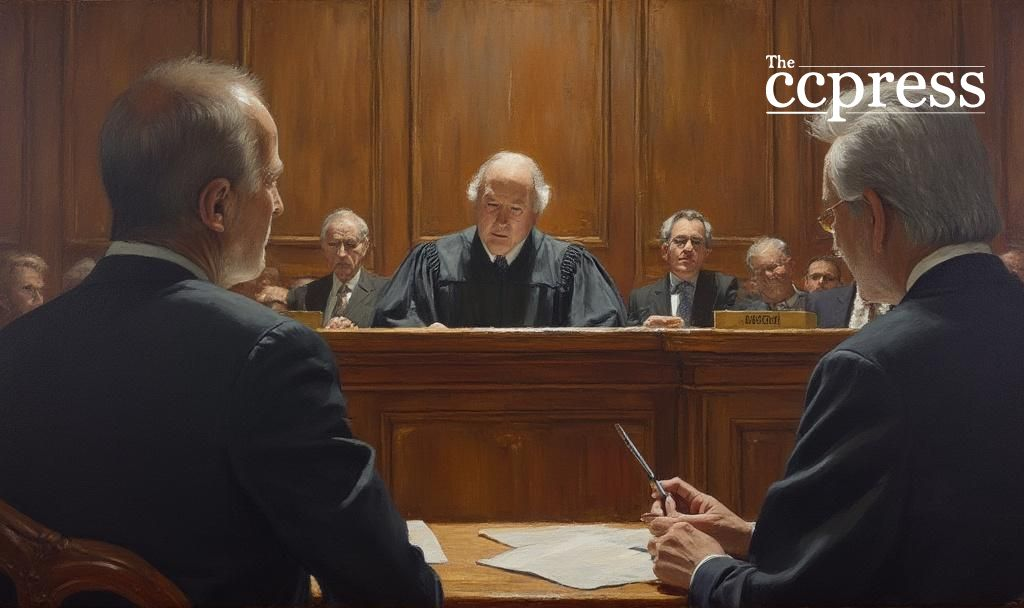- FTX’s $1.9 billion reserve release approved, impacting September 2025 distributions.
- Distribution partners include BitGo, Kraken, and Payoneer.
- No direct on-chain effects on BTC, ETH, or DeFi assets.

FTX’s reserve release approval marks a pivotal moment in the crypto landscape, potentially stabilizing the market by addressing creditor claims, yet avoiding direct crypto market fluctuations.
FTX Trading Ltd. and the FTX Recovery Trust have facilitated the release following a Delaware court ruling. Funds will be distributed through BitGo, Kraken, and Payoneer, with eligibility recorded by August 15, 2025.
The release reduces FTX’s reserve from $6.5 billion to $4.3 billion, targeting customer and creditor claims. This decision involves Class 5 and Class 6 claims, ensuring thorough fund allocation.
Effects on the crypto landscape remain limited. Despite significant financial movements, distributions in estate fiat equivalents sidestep typical market turbulence associated with direct asset payouts.
FTX will begin distributing funds to creditors on September 30, after getting court approval to release $1.9 billion in previously held reserves.
– FTX Trading Ltd. and FTX Recovery Trust, Entities overseeing distributions
FTX’s previous distributions did not cause market volatility, contrasting with events like the Mt.Gox case. This new release maintains a structured approach, offering creditors fiat value without crypto redistributions.
While no high-profile crypto figures commented on this release, investor sentiments remain cautiously optimistic. Official channels emphasize compliance and transparency as key outcomes.
The release underlines FTX’s commitment to resolving past financial challenges. Creditors await potential recoveries as the firm progresses through its restructuring phase, showcasing a structured legal and financial approach.
| Disclaimer: The content on The CCPress is provided for informational purposes only and should not be considered financial or investment advice. Cryptocurrency investments carry inherent risks. Please consult a qualified financial advisor before making any investment decisions. |






























